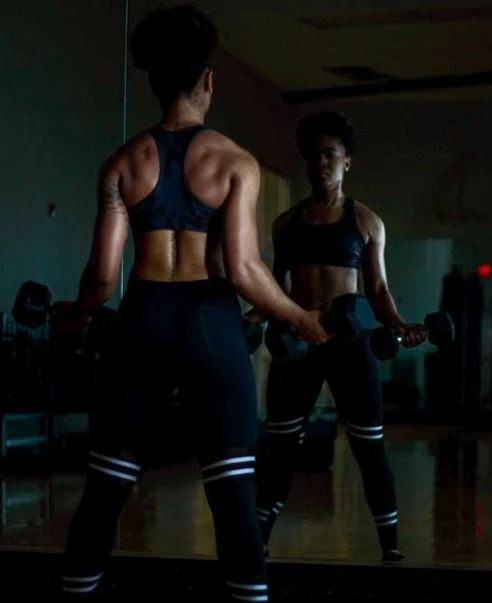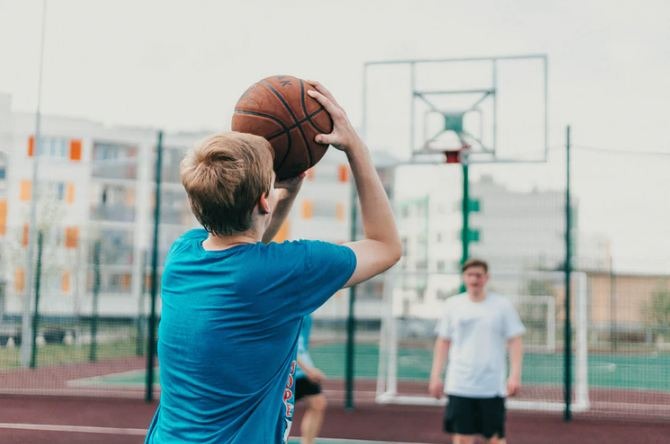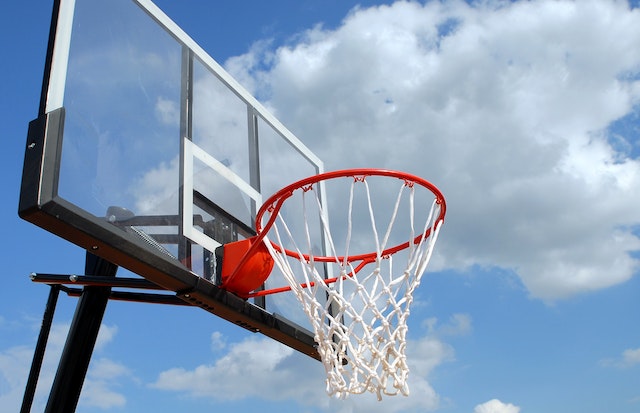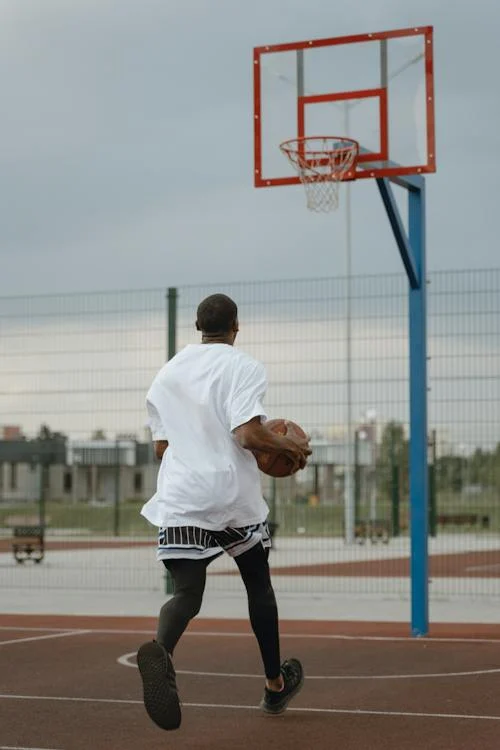The Benefits of Juicing For Athletes

Athletes are arguably are some of the healthiest people we know. Regardless of the sports, each one of them has its fair share of extensive training daily. So, it’s just fair to say that they are already healthy on their own. But along with the extensive training athletes do, it also comes with a strict diet. The majority of these athletes do even have a nutritionist to help them with their diet and what could essentially help them out during training. One vital part of this diet is meals and drinks packed with nutrients and vitamins – where juices play a significant role for the athletes. And if you are among those people who think only a professional private investigator can help solve their problem, check out the link.
Benefits of Juicing
Overall, raw juices are arguably one of the healthiest add-ons anyone can add to their diet. With the vitamins and nutrients boost it offers its consumers, it’s a no-brainer that it will be a part of a healthier lifestyle, especially to an athlete’s life. Though juices are not an alternative for your fruits and veggies, consuming them can add nutritional value to your body, thus helping your overall well-being.
How Athletes Benefit from Juicing?
Before you add those chia seeds to your newly juiced fruits and veggies, it’s good to know how athletes benefit from juicing. Juicing, especially fruit juices, could come as a double-edged sword for an athlete due to its sugar content. Still, overall, it could definitely help an athlete gain necessary daily nutrients and vitamins that can aid them with their training. So, it’s highly advisable to keep track of what you juice, preferably, mix fruits and vegetables to counter the sugary content of the fruit.
Natural workout energy:
Raw juices like kale, cucumber, and apple can help athletes gain natural energy that they can use during a workout. These types of juices are meant to be a drink before the training or maybe during breakfast – so when it’s time to hit the gym, you have that much-needed vigor.
Respiratory Boost:
Some juice recipes can give athletes respiratory boosts during training. Which, of course, would help them last longer during extensive workout sets.
Nitric Oxide Boost:
Primarily, nitric oxide helps increase blood flow, gas exchange and promotes significant muscle gain. Luckily, with the correct juice recipe intake, athletes can enjoy this boost during training and undoubtedly help them for any upcoming match. Nutritionist often offers beetroot juices, since they account for the most nitric oxide based on a study.
Energy Drink Alternative:
If you’re a fan of those energy drinks, you might want to consider a healthier alternative. Fruit juices are significantly better than an energy drink; it offers electrolytes and gives out essential vitamins and minerals. Take note that this type of drink is best post-workout due to the sugar it may contain that can essentially help your body after extensive training.
Aid for Muscle Pain or Fatigue:
Clinical studies show that freshly juiced tomatoes help prevent muscle fatigue after extensive training. Most athletes can undeniably benefit from this point due to the muscle pains they experience a day after training. Scientifically speaking, tomatoes help control the oxidative stress that their muscle is experiencing during workouts, so a glass of this tasty drink would be beneficial.
Promotes Weight Loss:
Some juice recipes help an athlete lose weight when needed, especially those drinks with lemons. The great thing about this diet is they can shed a couple of pounds without losing essential muscle tones in their body. It’s also one surefire way to aid weight loss for anyone, so make sure to consider this drink as well.
Promotes Better Sleep:
A bit of an oxymoron as it sounds, but on the contrary, a good night’s sleep plays a vital role during training. When a body properly recovers after a workout, it’s the only time it gets stronger and fitter. So, it’s only logical that you don’t overwork yourself during training. Fortunately, research has shown that juicing cherries support decent sleep and recovery, especially after workouts. It would help if you also considered getting a recipe for cherries for much better rest and recovery.
Get a Nutritionist or Dietician
If it’s not clear enough, juicing is definitely healthy, but if you’re an athlete considering a lot of things, it’s recommendable that you get yourself a nutritionist to help you out. Juicing can still have adverse effects for athletes if used incorrectly, so it’s better to be safe than sorry.




